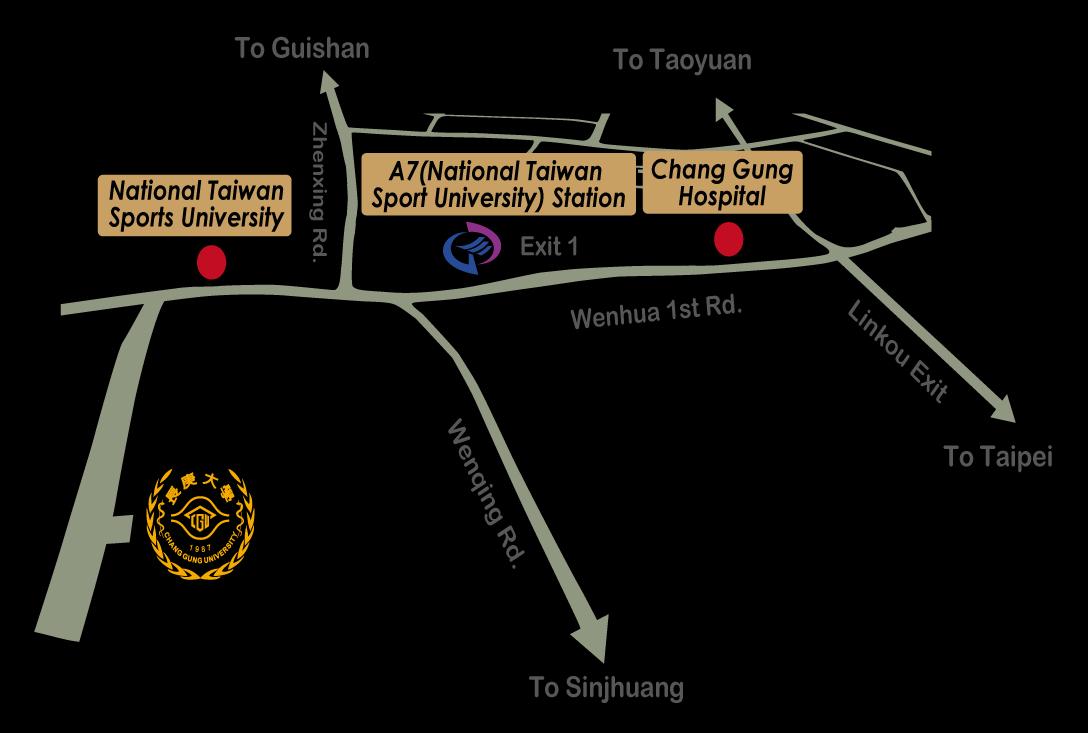Group
 Director Shin-Ru Shih, Ph.D.
Director Shin-Ru Shih, Ph.D.


Shin-Ru Shih obtained her bachelor’s degree in medical technology and master’s degree in biochemistry from National Taiwan University and Ph.D. in biochemistry and molecular biology from Rutgers University, New Jersey, USA. She established a Molecular Virology Laboratory at Chang Gung University in 1996 and was appointed as Medical Director at the Clinical Virology Laboratory, Chang Gung Memorial Hospital in 1998. She also started the RCEVI at Chang Gung University in 2009 and has been Center Director of the RCEVI since then. Her team has been studying various aspects of emerging RNA viruses; the studies included identification of viral pathogens during outbreaks, mechanisms of pathogenesis, and development of vaccines and antiviral agents. RNA viruses constitute the primary research focus of the team. Their study on enterovirus A71 (EV-A71) began in 1998, when a large EV-A71 outbreak occurred in Taiwan. Their study contributed significantly to the laboratory diagnosis of EV-A71 infection. They subsequently focused on virus–host interactions, in which molecular targets for drug discovery were identified, and a series of anti-EV-A71 agents were developed. Currently, they have projects in the following research areas: study of the pathogenesis of enterovirus infection using an authentic bioengineered human enteric system, host factors involved in viral translation, viral attenuation and vaccine development, and host tropism of RNA viruses.
Dr. Shih was presented with the National Medal for Outstanding Young Scientist by the Executive Yuan in 2004 and the Outstanding Research Award from the Ministry of Science and Technology in 2012 and 2016 for her contribution to EV-A71 outbreak control and research in Taiwan. Furthermore, she recently received a Research Grant Award from the Human Frontier Science Program (HFSP, from among 21 Program Grants awarded to programs selected from more than 1000 applications in 2015).

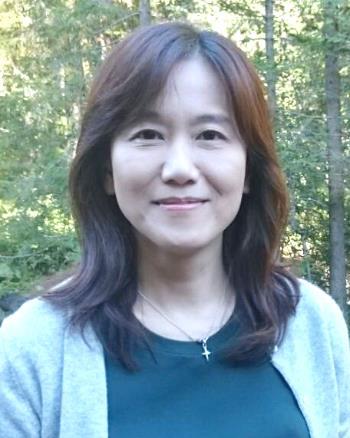 Jim-Tong Horng, Ph.D.
Jim-Tong Horng, Ph.D.
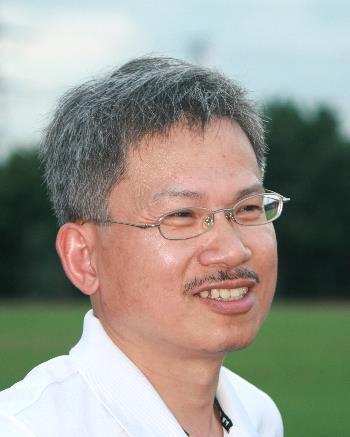

Research theme:

Dr. Horng’s research is mainly focused on the molecular interactions between RNA viruses and host cells and on the development of compounds active against influenza virus and enterovirus 71 (EV71). The studies emphasize chemical genetics to elucidate the molecular basis of viral replication.
Research details:
*Development of and molecular study on antiviral drugs against influenza virus and EV71and their efficacy in animal models.

*Communal host factors required for (+) RNA virus replication, including EV71 and EV-D68.
*Regulation of EV71 replication by cellular microRNAs and identification of their targets through proteomics.
Guang-Wu Chen, Ph.D.
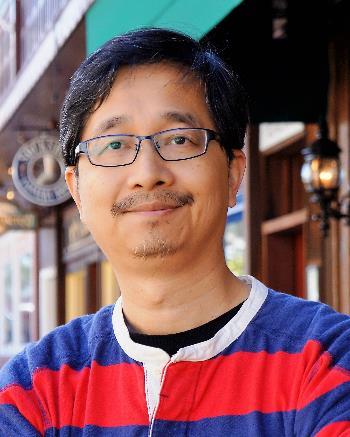


Guang-Wu Chen obtained his master’s degree in computer science from the New Jersey Institute of Technology and Ph.D. in aerospace engineering from the University of Florida. Despite being trained as a computer system engineer and having conducted computer modeling and simulation of complex vertical flow involving high-speed aerodynamics for his Ph.D., he became interested in biology. Consequently, in 2001, he switched to the field of bioinformatics. He was a Research Associate at the National Health Research Institutes in Taipei from 2001 to 2004 before joining the Department of Computer Science and Information Engineering of Chang Gung University in 2004. He has collaborated actively with wet-lab virologists and epidemiologists for research on EV71 and influenza virus, two of the most crucial pathogens in Taiwan in recent years. His research interests include sequence analysis, data mining, database customization and value addition, algorithm and software development, and mathematical modeling. He has published papers encompassing various topics including molecular characterization of novel viruses, identification of viral genomic signatures, and evolutionary transitions in viruses involving host adaptation. Currently, he is also involved in studies on viral metagenomics for analyzing massive nextgeneration sequencing reads.
 Hung-Yao Ho, Ph.D.
Hung-Yao Ho, Ph.D.
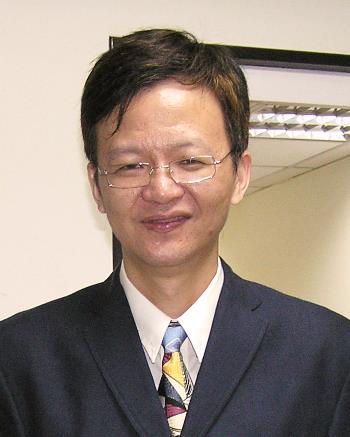


Hung-Yao Ho received his bachelor degree in biology and master degree in biochemistry from National Cheng Kung University, and PhD from National Defense Medical Center Graduate Institute of Life Sciences. After the postdoctoral training at New York University School of Medicine, he joined Chang Gung University Department Medical Biotechnology and Laboratory Science, and set up a redox biology laboratory in 2003. His research interest, in the broadest sense, is to delineate the pathophysiological roles of reactive oxygen species and the effect of disturbance of redox microenvironment on disease pathogenesis. Viral infectious is a disease affected by host redox microenvironment. Dr. Ho’s team has been engaged in studying the relationship between host redox homeostasis and viral pathogenesis, and the role of mitochondria in viral infection. Their effort leads to formulation of the concept that a vicious cycle exists between enteroviral infection and host oxidative stress. Currently, they are studying the mechanistic aspects of such relationship. Moreover, they have applied metabolomics research platform to elucidate the effect of viral infection on host metabolism and vice versa. Furthermore, they explore the potential of using natural antioxidants for antiviral therapeutics.
 Chih-Ching Wu, Ph.D.
Chih-Ching Wu, Ph.D.
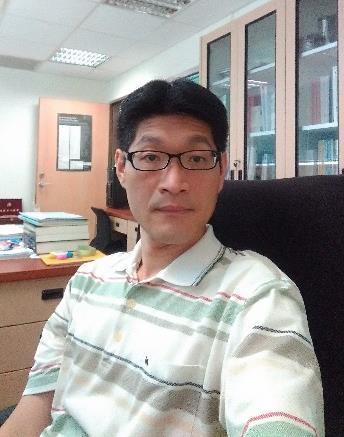


Chih-Ching Wu obtained his bachelor’s degree in medical technology, master’s degree in microbiology & immunology, and Ph.D. in biochemistry from Chang Gung University, Taiwan. He continued his postdoctoral training in proteomics from 2005 to 2008 and acted as Research Assistant Professor at Molecular Medicine Research Center, Chang Gung University from 2008 to 2010. Dr. Wu has joined Department of Medical Biotechnology and Laboratory Science, Chang Gung University since 2010. In the past decade, his team established multiple assay platforms to systematically identify biomarkers from diseased tissues or body fluids (e.g., sera, saliva, and pleural effusion) that are useful for detection, monitoring, or prognosis of diseases including various types of cancer, schizophrenia, and microbial infections. His research topics also include studies on an interplay between viral infection and host response. His team has been involved in identifying novel host factors that interact with proteins encoded by emerging viruses (e.g., influenza virus and enterovirus A71) and exploring functional roles of these host factors in viral replication.
 Rei-Lin Kuo, Ph.D.
Rei-Lin Kuo, Ph.D.
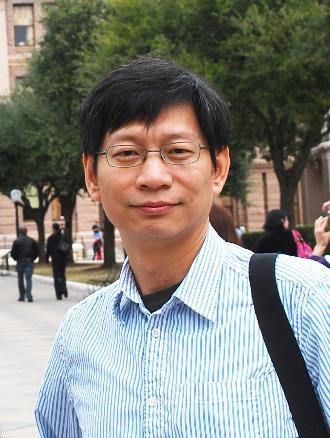

Rei-Lin Kuo received his graduate degree from the Institute of Microbiology and Immunology at National Yang-Ming University. His work mainly focused on the encapsidation of spliced RNAs of hepatitis B virus and the molecular mechanism of pathogenesis in EV71-infected cells. After completing his graduate work, he was trained in influenza virus research at the Institute for Cellular and Molecular Biology at the University of Texas, Austin. In 2010, he joined the RCEVI at Chang Gung University as an Assistant Professor.
The induction of interferon (IFN) expression is critical for innate immunity to disrupt viral replication in virusinfected cells. Viruses can evade host innate immunity by targeting the pathway for type I IFN activation. The regulation of type I IFN production has been considered to be crucial for viral pathogenicity. Because EV71 and influenza virus are major human pathogens that cause severe diseases, Dr. Kuo’s lab is endeavoring to elucidate the mechanism underlying the regulation of the signaling pathway for type I IFN production in virus-infected cells. Understanding the regulation of IFN production may provide new information concerning the pathogenesis of viral infection and the basis for the development of new antiviral drugs.

 Hsing-I Huang, Ph.D.
Hsing-I Huang, Ph.D.
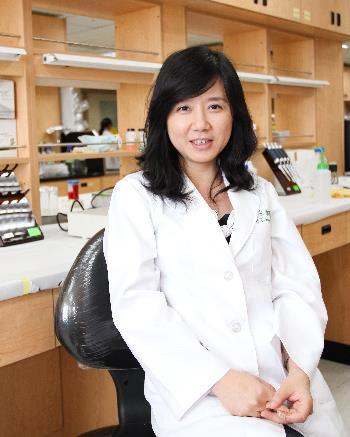


Dr. Huang received her Ph.D. degree from the Department of Microbiology and Molecular Genetics, Rutgers University. She joined the RCEVI in 2009. Dr. Huang’s research is focused on the interactions between viruses and stem cells. Stem cells residing in tissues are believed to be responsible for repair mechanisms in various organs. Recent reports have shown that stem cells can be infected by pathogens such as bacteria and viruses with pathological sequelae. Her lab has identified several stem cell lines that were particularly sensitive to specific virus attacks. The primary objective of her studies is to examine the effects of viral infection on target stem cells and elucidate the possible pathological mechanisms. Her lab has established protocols for generating neuronal cells from various stem cells. She is also interested in studying the effects of neurotrophic viral infection on various types of neuronal cells.
 Ya-Fang Chiu, Ph.D.
Ya-Fang Chiu, Ph.D.

Dr. Chiu has focused on understanding the contributions of the oncogenic viruses, Epstein-Barr Virus and Kaposi’s Sarcoma-associated Herpesvirus, to sustaining tumors. These viruses can also serve as tractable models for cellular and molecular studies of tumorigenesis at the single-cell level through live-cell imaging with accompanying systems analyses. Understanding the viral contributions to sustaining these tumors will assist the development of novel therapeutic approaches, such as the elimination of viral genomes or inhibition of their gene products; in addition, elucidating the processes by which these viruses reproduce is likely to reveal useful mechanisms for preventing their spread and eliminating the transmission of these cancer risk factors.
Since Dr. Chiu has joined the RCEVI in 2016, she began to extend her expertise on oncogenic viruses and live-cell imaging to study pathogenic RNA viruses, such as enteroviruses and influenza A viruses. Live-cell imaging will allow following real-time dynamic changes not only within cells, but also between cells to understand the dynamic and biological interactions of host cellpathogenic RNA viruses, leading to the therapeutic strategies and the potential elimination of these infections.
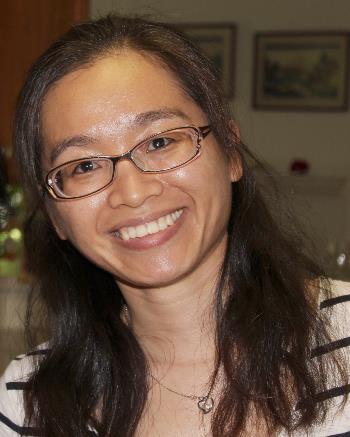


Kuo-Ming Lee obtained his master’s degree from the Institute of Microbiology and Immunology, National Yang Ming University, and Ph.D. from the Institute of Molecular Medicine, National Taiwan University. Later, he worked as a Postdoctoral Fellow in Dr. Woan-Yuh Tarn’s lab at the Institute of Biomedical Sciences, Academia Sinica, and characterized the mechanisms involved in transcriptioncoupled pre-mRNA processing, remodeling of postsplicing mRNP and nuclear RNA surveillance, and control of nucleocytoplasmic transport. In 2015, Dr. Lee joined Dr. ShinRu Shih’s lab at Chang Gung University and participated in the HFSP in a project titled “Stabilizing RNA virus vaccine strains by elucidating triggers and mechanism of recombination.” Currently, he is investigating virus–host cell interactions involved in the spatiotemporal regulation of viral infection. The key topics include (1) remodeling of viral mRNPs controlling translation–replication transition during picornavirus infection, (2) induction of regulatory RNAs by viral infection that can interfere with viral growth, and (3) particular splicing of both viral and cellular transcripts during viral infection mediated by the virus-hijacked splicing machinery. By applying advanced high-throughput omic technologies, we will be able to reveal the details of RNA regulons used during viral infection and highlight the key targets for antiviral drug development.
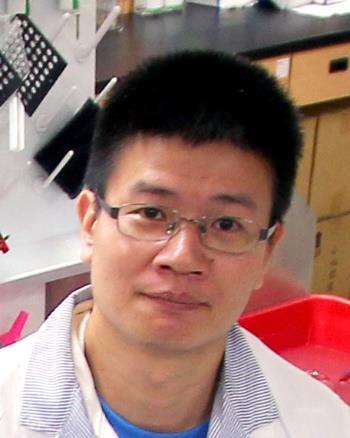



Kuo-Ming Lee, Ph.D.
Peng-Nien Huang, Ph.D.
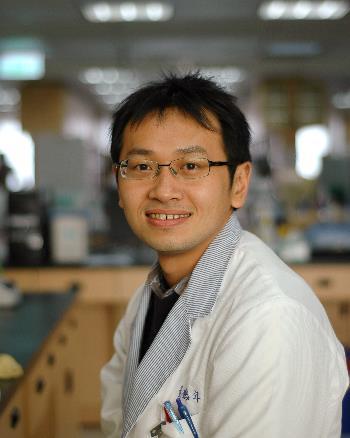


Dr. Huang has been studying emerging RNA viruses since his master’s degree work and has published a series of high-impact research papers on EV71 and influenza virus. He is experienced in the use of several molecular techniques and has worked with animal models of infection during his research on EV71. He has been studying emerging RNA viruses in many aspects, including identification of unknown viruses using novel methods in biotechnology, pathogenesis of those RNA viruses, and development of antiviral drugs. He subsequently focused on virus–host interactions, in which molecular targets for drug discovery were identified. He also used proteomics to demonstrate that host factors are crucial in EV71 replication. Overall, this novel work demonstrates that the new findings may lead to the development of new antiviral therapy.
Dr. Huang also conducts the Industry–University Cooperative Research Program to develop long-term partnerships among industry, academia, and the government. He conducts research that interests industry members and the RCEVI faculty. Dr. Huang enhances the intellectual capacity of the science workforce through the integration of research and application. Research in the RCEVI is aligned with the needs of industry to expedite the delivery of new tools for the diagnosis, prevention, and treatment of viral disease.

Yu-Nong Gong obtained his master and Ph.D. degrees in Department of Computer Science and Information Engineering, and Department of Electrical Engineering, respectively, from Chang Gung University (CGU), Taiwan. He was a Visiting Scholar at Department of Biomathematics, University of California, Los Angeles, United States in 2010–2011 under the Graduate Students Research Abroad Program supported by the Ministry of Science and Technology, Taiwan. After receiving his Ph.D. in 2012, he worked as a postdoc research fellow in the Department of Computer Science and Information Engineering, CGU, Chang Gung Memorial Hospital (CGMH), and the Research Center for Emerging Viral Infections (RCEVI), CGU, followed by being appointed as an Assistant Research Fellow at RCEVI participating in the Higher Education Sprout Project supported by the Ministry of Education, Taiwan. His research interests include bioinformatics, next-generation sequencing (NGS), machine learning, and viral evolution and epidemiology.
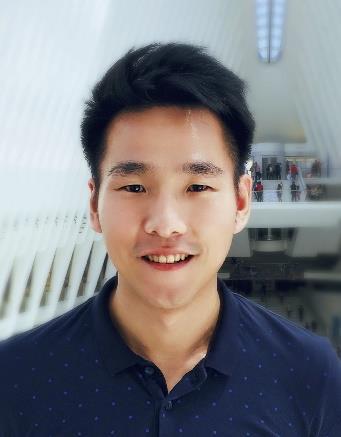
The emergence and reemergence of fast-evolving RNA viruses caused numerous outbreaks in Taiwan and globally, continuously posing significant threat to the general public. Dr. Gong has actively collaborated with virologists and epidemiologists for studying emerging viruses (e.g., enteroviruses and influenza viruses), and involved in the development and application of computational approaches providing novel insights into the viral pathogenesis of infectious disease. Specific research topics of his studies include: 1) the implementation of NGS data analysis pipeline for detecting broad-spectrum antivirals in the picornaviruses, 2) the application of deep learning and sequencing technologies for probing novel viral species and their genetic characteristics, 3) the global influenza surveillance, and 4) the development of sequence and phylogenetic tree analyses for inferring epidemiological and evolutionary processes.



Yu-Nong Gong, Ph.D.
Chung-Fan Hsieh received his PhD degree from the Graduate Institute of Biomedical Sciences, Chang Gung University, Taiwan. He is interested in studying the chemical genetics of entero- and influenza viruses. By using antiviral inhibitors derived from small synthetic compounds or natural products, he studies the function of a particular protein involved in viral replication. In collaboration with Dr. Jim-Tong Horng and Dr. Pei-Wen Hsieh, he studied the structure activity relationship (SAR) to optimize the efficacy. He was the first person to discover a novel plant with anti-influenza activity, “Taxodium distichum (L.) Rich.” (Bald cypress), that is bifunctional and suppresses the activity of hemagglutinin and neuraminidase in influenza viruses (Hsieh et al., Sci Rep 2016). By using chemical genetics, he demonstrated that a small synthetic compound PR66, which is a potent VP1 capsid-binding inhibitor, showed excellent antienterovirus A71 activity in vivo and in vitro (Ho et al., J Antimicrob Chemother. 2016). Dr. Hsieh now focuses on the interaction between the five-fold axis on the surface of the enterovirus A71 and the host cellular receptors, such as PSGL1 or heparan sulfate (a linear polysaccharide found in all animal tissues). Using the same approach, he also studies the function of the 2B protein in the enterovirus D68.
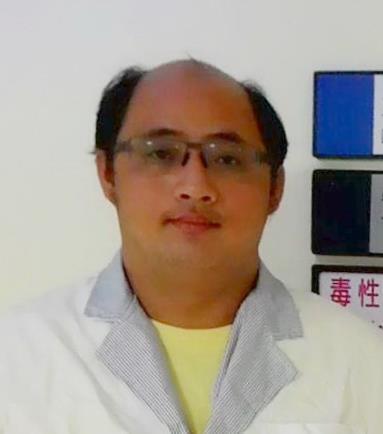


 Chung-Fan Hsieh, Ph.D.
Yu-An Kung, Ph.D.
Chung-Fan Hsieh, Ph.D.
Yu-An Kung, Ph.D.
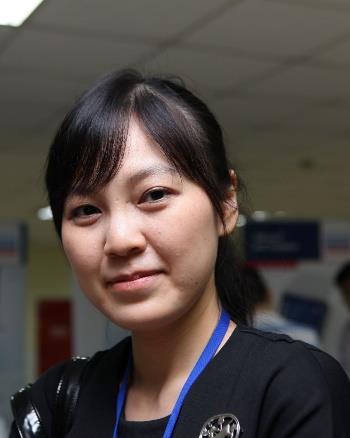


Dr. Yu-An Kung received her master and Ph.D. degrees from Department of Medical Biotechnology and Laboratory Science and Graduate Institute of Biomedical Science at Chang Gung University, respectively. Her research interests focus on mechanisms of virus-host interactions. Dr. Kung found an undescribed regulatory mechanism that internal ribosomal entry sites (IRES)-dependent translation can be regulated via ubiquitination of IRES trans-acting factor (ITAFs). Her works also focus on development of antivirals against emerging infectious diseases by searching host factors which are involved in viral replication.

Wen-Fang Tang, Ph.D.
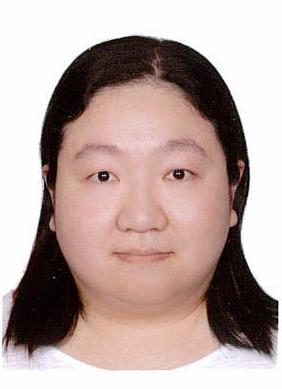
Expertise: Molecular Biology, Molecular Virology, Cell Biology, and Biochemistry


Wen-Fang Tang obtained her bachelor degree in the department of animal science from National Chung Hsing University and received complete experimental animal operation training. She got her master and Ph.D. degrees in the graduate institute of biomedical science from Chang Gung University. The field of Dr. Tang's research focuses on virus-host interaction by using different technologies to identify host factors involved in EV-A71 replication. She used yeast two-hybrid to screen cellular proteins interact with EV-A71 non-structure proteins and revealed that Reticulon 3 binds with EV-A71 2C protein and is required for viral replication (Tang et al., 2007). She combined miRNA change profiling after EV-A71 infection and proteomic massspectrometry-based quantitative proteomics to screen host factors that were modulated by miR-197, whose expression was downregulated by virus infection in a time-dependent manner. She identified that RAN, a miR-197 target gene, supported the nuclear transport of the essential viral proteins 3D/3CD and host protein hnRNP K for viral replication (Tang et al., 2016). Also, she discovered that miR-197 functions as a negative regulator in EVA71 replication and ETF1 is required for virus replication (Tang et al., 2019). Dr. Tang now focuses on the emerging pathogen animal model establishment, in vivo drug antiviral efficacy test, and using IVIS Spectrum to study virus spread process.
 Avijit Dutta, Ph.D.
Avijit Dutta, Ph.D.



Dr. Avijit Dutta obtained his bachelor’s and master’s degrees in Zoology from Vidyasagar University and Ph.D. in Science from Jadavpur University, India. He then moved to Taiwan in 2007. With Prof. Ching-Tai Huang of Chang Gung Memorial Hospital, he established an influenza study platform to study antigen-specific T cell immunity to influenza virus infection. Through the use of this ‘Influenza hemagglutinin (HA)-specific transgenic mouse model system’, his team is studying the activation and regulation of the activation of antigen-specific T cell response to influenza virus infection in vivo. His team is also screening plant-derived natural compounds for their potential anti-influenza activity.
In addition, Dr. Dutta is working on the novel markers and mechanisms of regulatory T cells in non-infectious settings. Novel markers are of special interest as they are probable immune checkpoints with the potential of clinical application in cancer immunotherapy.
 Yen-Chin Liu, Ph.D.
Yen-Chin Liu, Ph.D.

Dr. Yen-Chin Liu received her PhD degree in 2014 from Graduate Institute of Biomedical Sciences, Division of Biotechnology, Chang Gung University, Taiwan. She has received training about Virology in Research Center for Emerging Viral Infection and her Ph.D. work primarily has been focusing on RNA-dependent RNA polymerase (RdRp) of enterovirus 71. The findings reveal a novel mechanism of viruses attacking hosts whereby picornaviral polymerase (3Dpol) enters the nucleus and targets the central pre-mRNA processing factor 8 (Prp8) to block pre-mRNA splicing and mRNA synthesis. This work has been published in PLoS Pathogens.
Dr. Liu worked as post-doctoral fellow from 2014 to 2019 in Department of Microbiology, the University of Hong Kong. Her research area focused on studying host factors associated with influenza virus replication, with main interest in the role of XRN1.
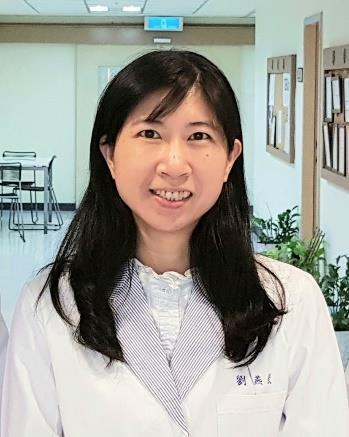
Dr. Liu is highly motivated in research and very capable in application of multiple technologies which are routinely used in virus research. In her project, she found XRN1 is a positive regulator in the influenza virus life cycle and further characterized that XRN1 promotes virus replication through down regulation of interferon β expression in virus infected cells. She investigated the molecular basis of XRN1 for influenza virus replication and identified a novel virus host interaction mediated by XRN1 in influenza virus infection. This work has been accepted by mBio.
Currently, people all over the world have been affected by SARSCoV-2 coronavirus disease from 2019, which is the first documented coronavirus pandemic in history. Dr. Liu also uses her experience of Biosafety Level 3 (BSL-3) laboratories and devotes herself to SARS-CoV-2 research.


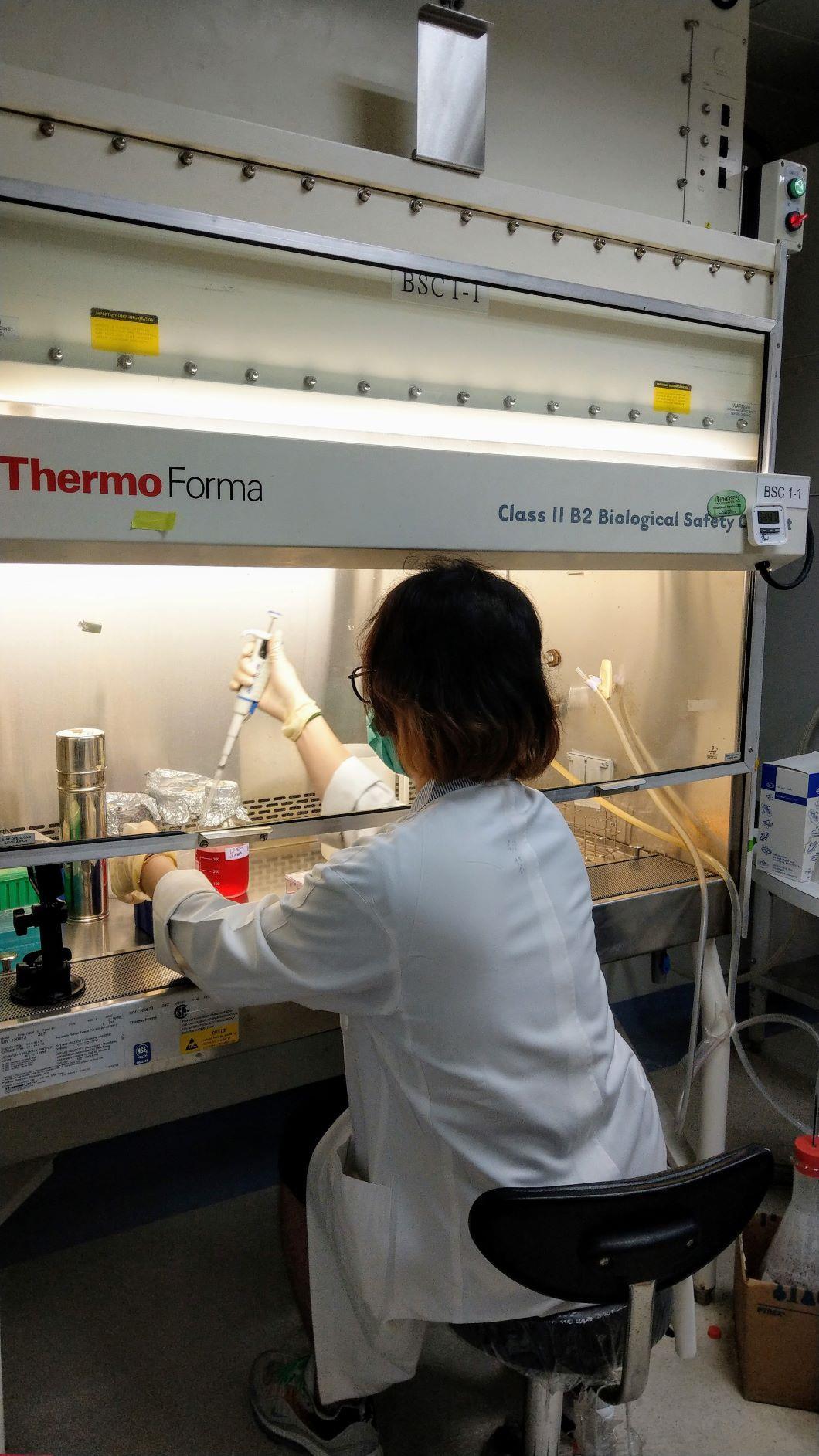
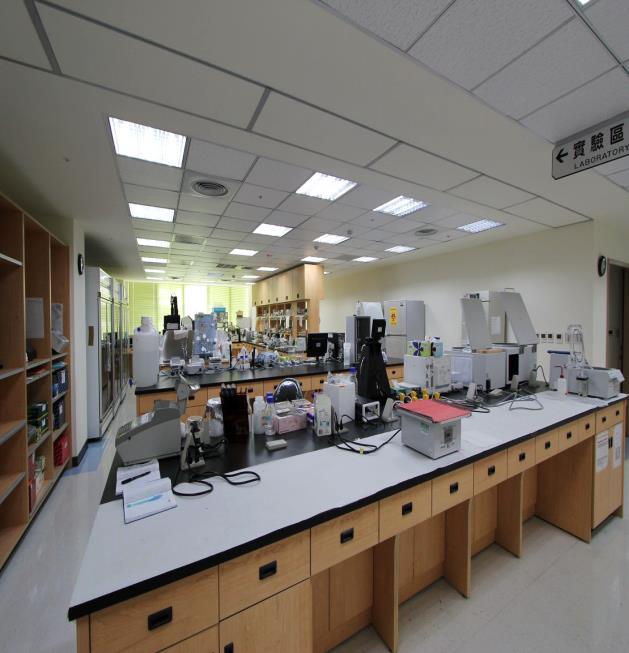



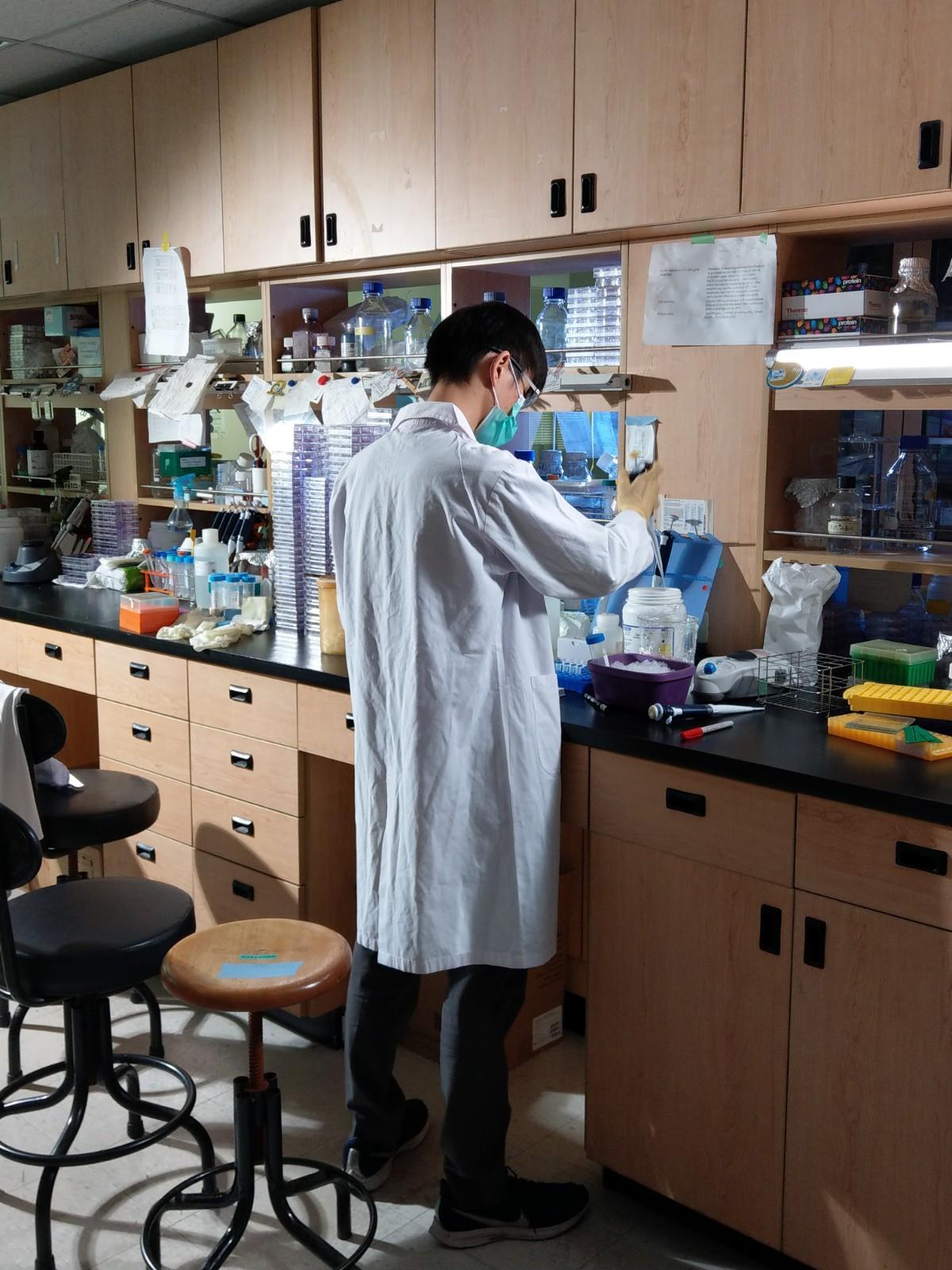

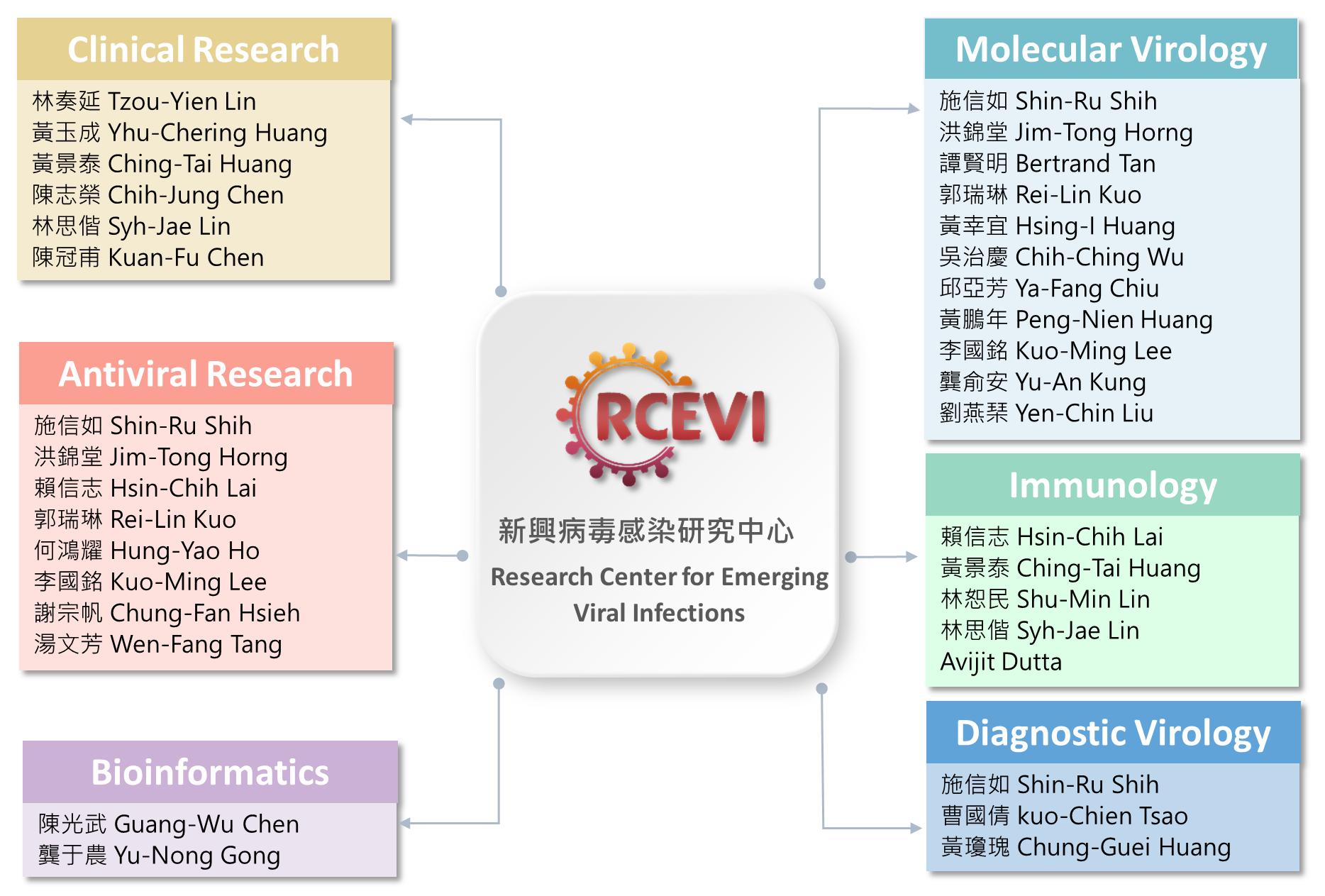
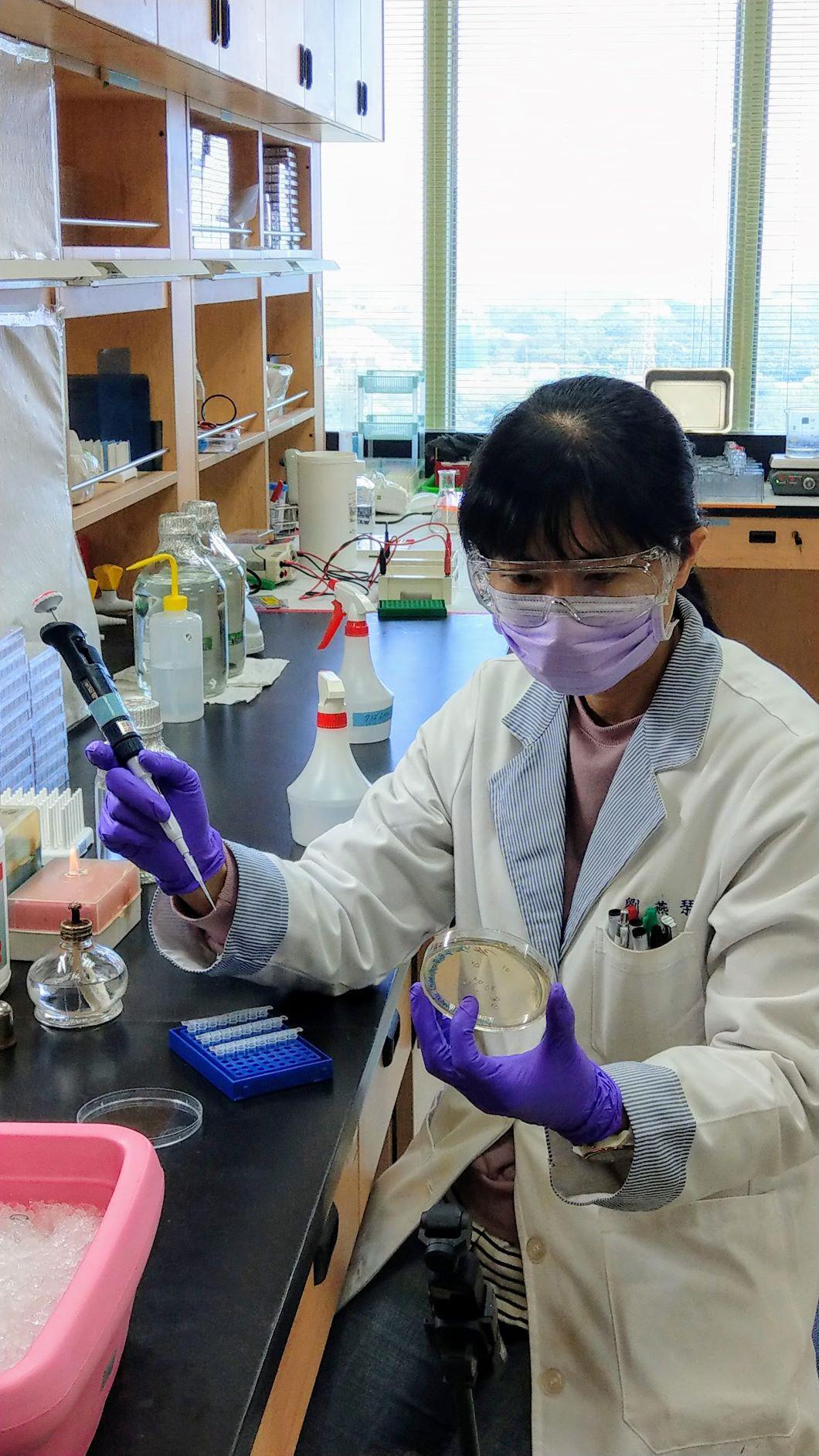
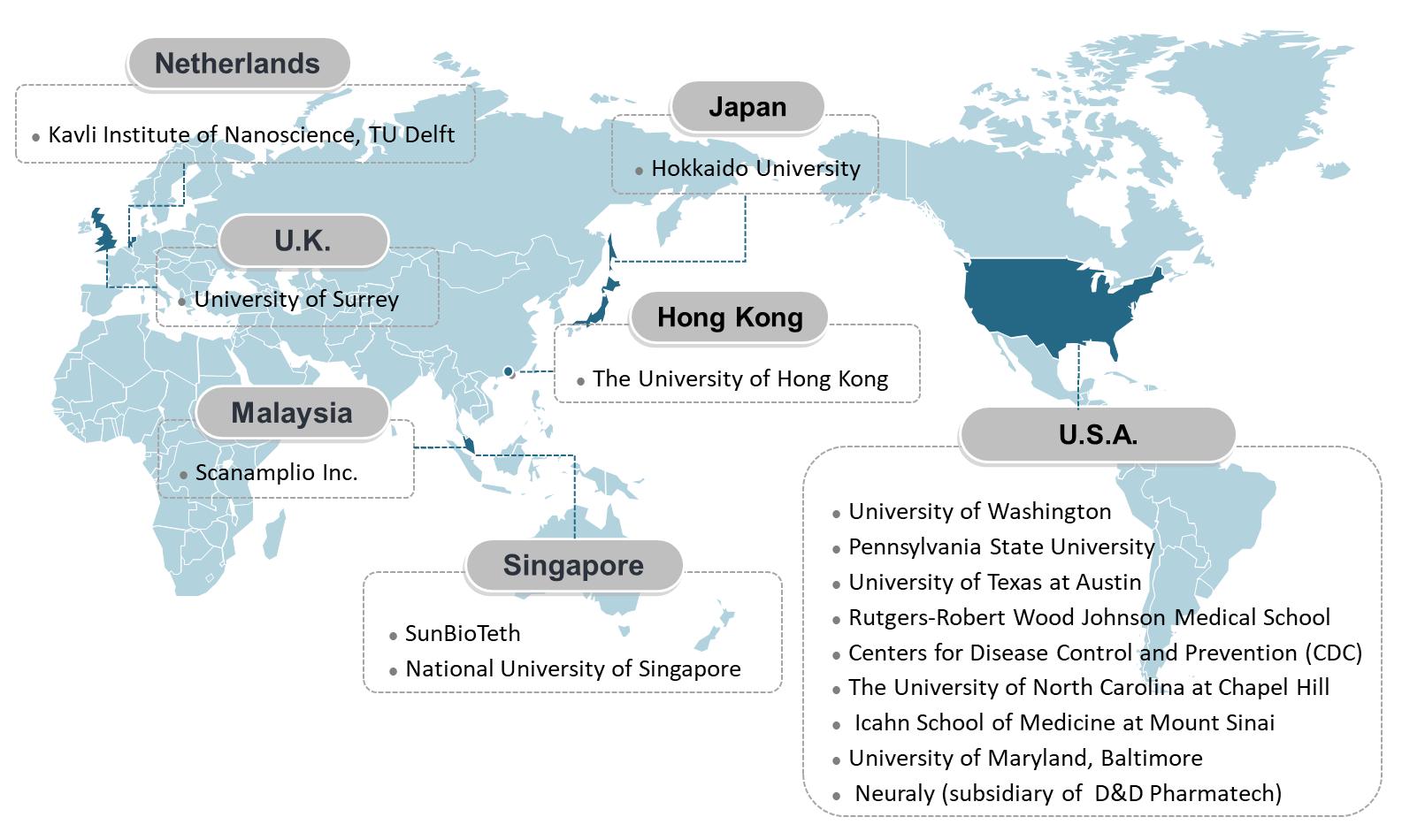
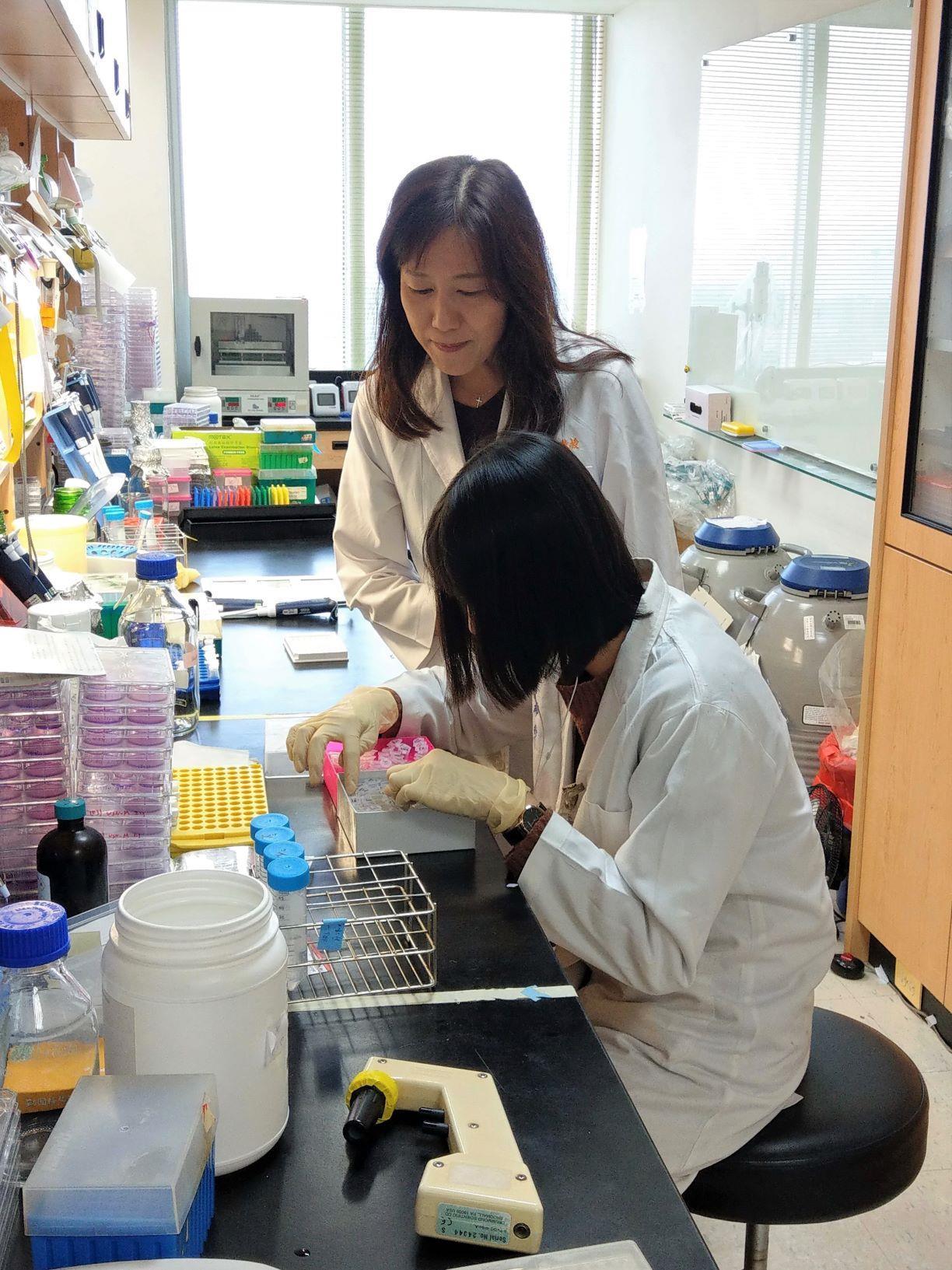
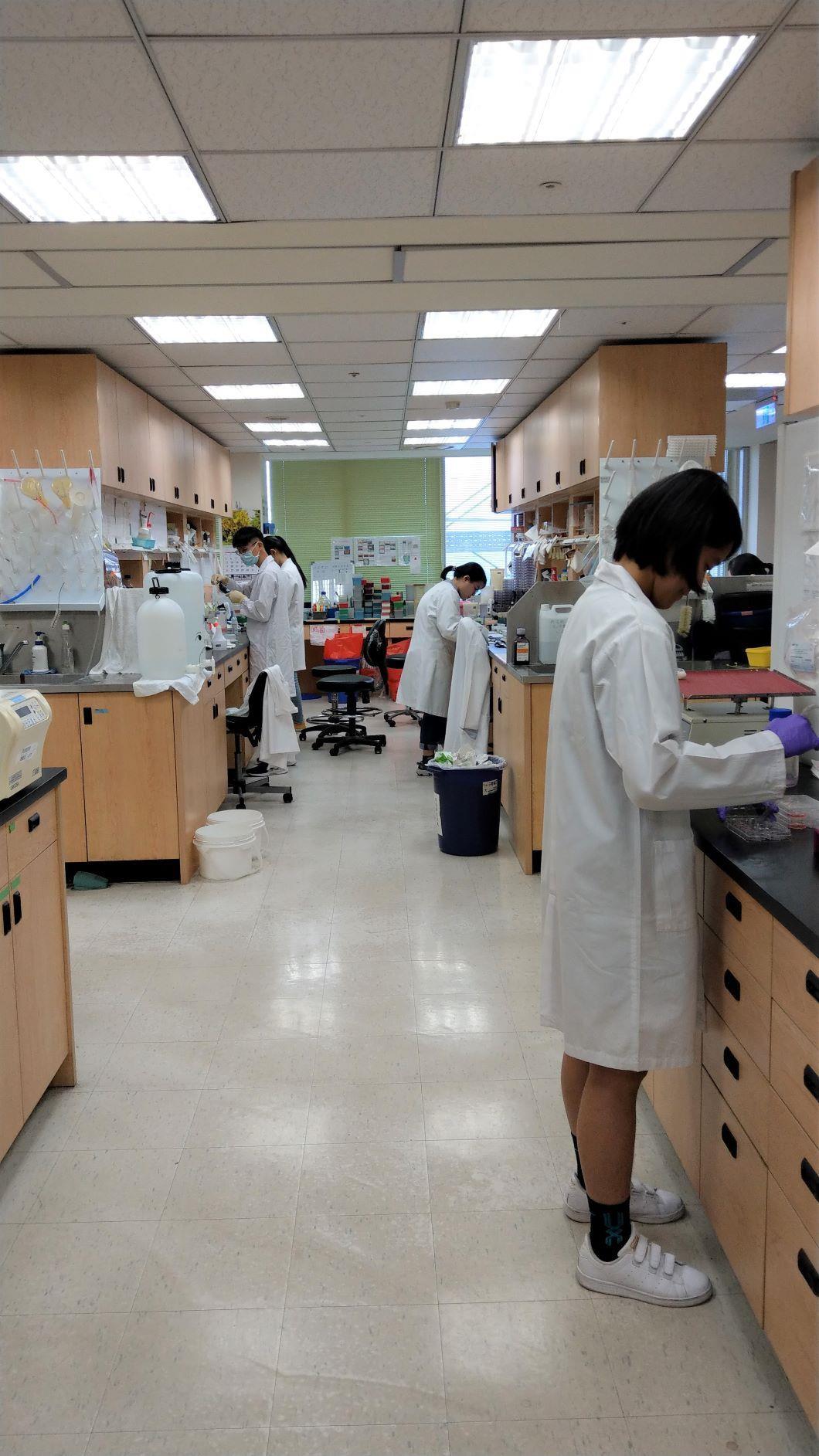


 Jim-Tong Horng, Ph.D.
Jim-Tong Horng, Ph.D.























